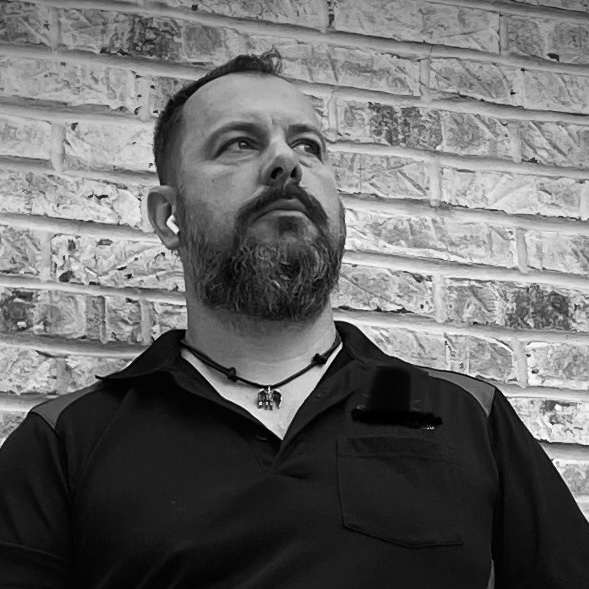Uncovering the Essentials: What Really Happens During a Home Inspection?
- George Vennes
- Oct 21, 2024
- 2 min read
Updated: Jun 14, 2025
When you're ready to buy a new home, one critical step is the home inspection. It can significantly influence your decision and offer essential insights into the property's condition. But what actually happens during this process?
This guide walks you through the fundamentals of home inspections, from what to expect to how to interpret the results.
What is a Home Inspection?
A home inspection is a professional evaluation of a property's condition — typically performed before closing a real estate deal.
A certified inspector examines key areas like:
Roofing
Plumbing
Electrical systems
Structural components
🛠️ Example: An inspector may find that a roof needs replacement in 3 years — which can affect how much you’re willing to pay.
Why is a Home Inspection Important?
Protects against unexpected costs (e.g., a faulty HVAC system could cost $5,000+ to fix)
Boosts negotiation power
Provides peace of mind — 83% of buyers say it helped them make informed choices (ASHI, 2020)
Common Areas of Focus
Home inspectors typically examine:
Roof & Gutters – Condition, drainage, leaks
Plumbing – Leaks, water pressure, fixture function
Electrical – Panel, outlets, wiring safety
HVAC – Efficiency, service history
Structure – Cracks, sagging, water damage
Pests – Termite or rodent activity
Interior/Exterior – Windows, floors, stairs, smoke detectors
A leaky pipe can waste over 10,000 gallons of water per year.
The Home Inspection Process
Step 1: Hiring the InspectorLook for licensed professionals with good reviews and 5+ years of experience.
Step 2: Inspection DayTakes 2–4 hours. Buyers are encouraged to attend, ask questions, and learn.
Step 3: The ReportA full report (with photos) outlines major issues and minor concerns.
Step 4: Take ActionNegotiate repairs, ask for credits, or walk away from a deal if major defects are found.
Common Misconceptions
“Home Inspections Are Optional” – Skipping it could lead to surprise costs.
“All Inspectors Are the Same” – They vary in thoroughness and expertise.
“Homes Pass or Fail” – There is no pass/fail, just objective findings.
Cost of a Home Inspection
Typical price: $300–$500
Potential savings: $5,000–$15,000 or more in avoided repairs
📈 A small investment that protects a major financial decision.
Additional Inspections to Consider
Pest Inspection – Checks for termite and rodent damage
Radon Testing – Especially in risk zones (1 in 15 U.S. homes affected)
Mold Inspection – Important if there's water damage or a musty smell
Wrapping Up
A home inspection is not just a formality — it’s an essential step to protect your investment.
By understanding what to expect and how to respond to the findings, you can move forward with confidence in your home-buying journey.
Don’t skip it. Be informed. Be empowered.




Comments